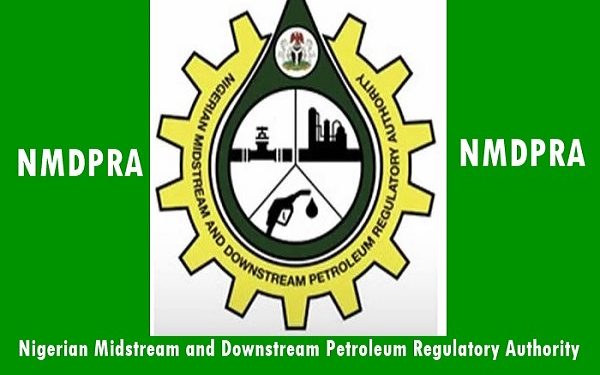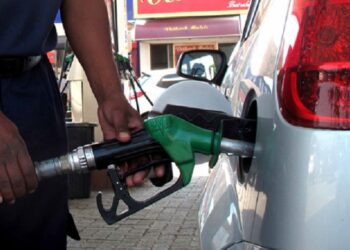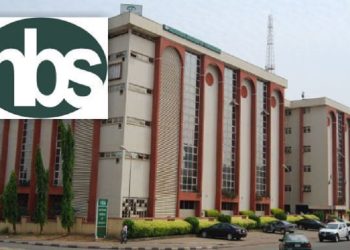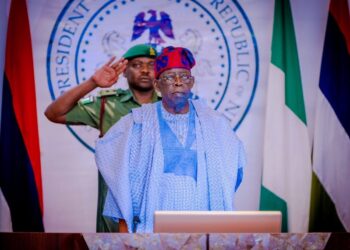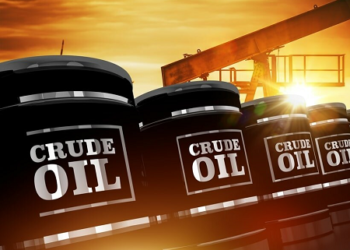Nigeria Midstream and Downstream Petroleum Regulatory Authority (NMDPRA) has announced the commencement of the licensing process for additional oil marketers, signaling the end of the Nigerian National Petroleum Company Limited’s (NNPC) monopoly in the importation of petrol.
The move is expected to expand the market and foster competition, which in turn is likely to result in lower petrol prices for Nigerians, provided that operations remain free from price fixing. By allowing more entities to import petroleum products, the NMDPRA aims to break the stranglehold of a single company and promote a more competitive and consumer-friendly market.
Following a meeting with the oil marketers at the agency’s headquarters in Abuja, Mr. Farouk Ahmed, the Chief Executive of the NMDPRA, emphasized that the regulator would not tolerate exploitation of Nigerian consumers, even in a deregulated market. Ahmed emphasized the need to fill the gap created by NNPC’s reduced importation, as the Federal Competition and Consumer Protection Council (FCCPC) regulations prohibit any entity or individual from controlling more than 30 percent of the market.
“The market is already open, and we have to comply with the regulations. We will formulate user-friendly policies and expedite the licensing process to ensure there is no gap in supply,” stated Ahmed.
He revealed that the NMDPRA is actively processing the licenses, with some oil marketers having already submitted applications. Notably, a few marketers have even booked cargoes to arrive in July. Ahmed further assured the public that the NNPC would continue importing petroleum products until a critical mass of other importers is established.
Regarding foreign exchange (FX) availability for importation, Ahmed stated that since the market has been deregulated, marketers can source FX from available channels without relying on the government or Central Bank of Nigeria (CBN). He emphasized that the current petrol prices set by NNPC consider the prevailing exchange rate, so any changes in the rate would subsequently impact the pump price.
The removal of fuel subsidy was announced by President Bola Tinubu during his inauguration on May 29. In response, the NNPC released projected prices ranging from N488 to N557 in various locations across the country.
Ahmed emphasized the importance of standardizing imported products to prevent consumers from being short-changed by lower-quality goods. During the meeting, the oil marketers agreed to enhance collaboration with security agencies to ensure the smooth movement of petroleum products.
“We called for this engagement to align and clarify our importation requirements for Petroleum Motor Spirit (PMS). Transparency in product importation is a priority for us, both for oil marketers and the national oil company, to ensure consumers receive value for money,” Ahmed affirmed.
He clarified that due to logistical factors, petrol prices would vary across the country, as the bridging or equalization fund has been eliminated. The NMDPRA, however, will refrain from capping prices to allow them to reflect market dynamics, while remaining vigilant against exploitative practices.
“A small team will also be established to examine the PIA amendment, which currently restricts certain entities from importing petroleum products into the country,” concluded Ahmed.
With the NMDPRA’s efforts to foster competition and prevent exploitation, Nigerians can look forward to a more dynamic and consumer-friendly petroleum market in the near future. The licensing of new oil marketers is expected to increase supply, promote fair pricing, and enhance overall transparency in the sector.

